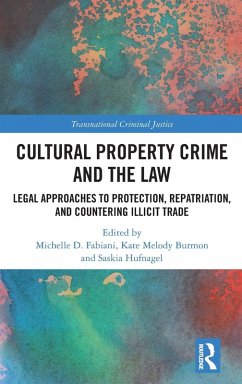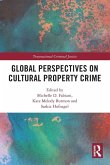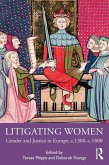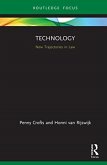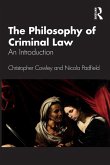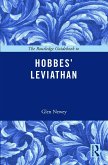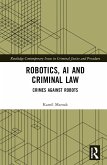This book explores innovative approaches to using and operating within and around both criminal law and civil law in the detection, investigation, and restitution of illicit cultural property.
The volume brings together a wide range of authors who research and work in combatting cultural property crime. It explores the normative tensions and intersections between civil and criminal law and where they complement each other in the field. It focuses on innovative legal solutions to the unique challenges presented when facing a transnational form of crime that must consider varying structures of law and order, as well as a deep understanding of the heritage in question, both in past and the present cultures. The collection examines what both areas of law contribute to preventing cultural property crime from occurring, holding offenders responsible before the law, and returning objects to their rightful owners and/or places of origin. Combining the perspectives of academicsand practitioners, the volume highlights voices from around the globe, using this range of experience to explore new ideas and applications of legal theory and practice to cases involving cultural property crimes.
The book will be of interest to academics and practitioners in cultural property crime in the fields of criminology, law, archaeology, museum studies, political science, economics, and law enforcement.
The volume brings together a wide range of authors who research and work in combatting cultural property crime. It explores the normative tensions and intersections between civil and criminal law and where they complement each other in the field. It focuses on innovative legal solutions to the unique challenges presented when facing a transnational form of crime that must consider varying structures of law and order, as well as a deep understanding of the heritage in question, both in past and the present cultures. The collection examines what both areas of law contribute to preventing cultural property crime from occurring, holding offenders responsible before the law, and returning objects to their rightful owners and/or places of origin. Combining the perspectives of academicsand practitioners, the volume highlights voices from around the globe, using this range of experience to explore new ideas and applications of legal theory and practice to cases involving cultural property crimes.
The book will be of interest to academics and practitioners in cultural property crime in the fields of criminology, law, archaeology, museum studies, political science, economics, and law enforcement.

